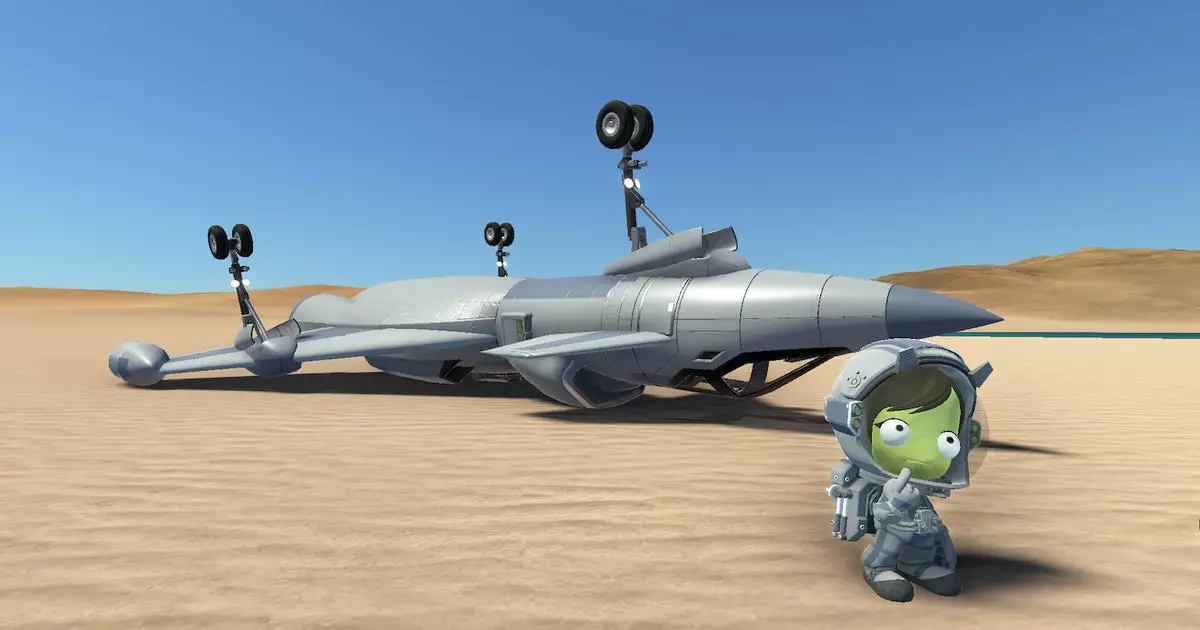The gaming industry is often characterized by its dynamic nature, where corporate strategies can shift quickly in response to market demands and performance metrics. Take-Two Interactive, a leading player in the gaming sector, has made a significant move that underscores this reality: the sale of its publishing label, Private Division, alongside the rights to five of its live and unreleased titles. This decision, while surprising to some, speaks volumes about the company’s current focus and long-term strategy.
Take-Two’s sale of Private Division, which occurred during an investor call led by company president Karl Slatoff, is emblematic of a broader trend within the gaming industry. Slatoff described the decision as a way to redirect resources toward core gaming ventures, particularly the growth of big-budget and mobile gaming projects. This pivot suggests that Take-Two, known for its powerhouse franchises like Grand Theft Auto, is prioritizing projects that promise higher financial returns over smaller, independent-driven titles that were the hallmark of Private Division.
The buyer of Private Division remains unnamed, but the transaction indicates a potential shift in the focus of the label’s projects. Take-Two has decided to retain one title: No Rest For The Wicked. This decision hints that not all projects were viewed with the same commercial viability, potentially reinforcing the notion that only big-scale productions will be deemed worthy of the company’s resources moving forward.
Closure of Development Studios
Adding to the upheaval was the confirmation of the shutdown of Roll7, the development team behind OlliOlli World and Rollerdrome, as well as Intercept Games, known for Kerbal Space Program 2. This follows a series of layoffs that had already shaken both studios. The closure of these creative studios raises concerns about the future of innovative and niche projects that often thrive outside the confines of large studio models. It reflects a growing trend among major publishers toward consolidating talent and focusing on dependable franchise titles, often at the expense of smaller, innovative games that could challenge the mainstream.
In a world where AAA games dominate, the loss of experimental, indie-like projects poses questions about creativity in gaming. Companies like Take-Two might prioritize higher profits, but the cost could be a reduced diversity in gaming experiences—a space where unique titles often flourish.
Take-Two’s financial results for the second quarter of fiscal year 2025 paint a picture of growth and resilience, attributed primarily to the continued success of flagship franchises such as Grand Theft Auto and Borderlands. CEO Strauss Zelnick expressed optimism for future performance, projecting record growth for 2026 and 2027, largely fueled by the forthcoming release of GTA 6.
However, while such financial success is commendable, the heavy reliance on established franchises can create a myopic view of game development. With an apparent focus on replicating past successes rather than exploring innovative concepts or nurturing smaller developers, Take-Two risks becoming insular, limiting the potential for fresh ideas that could capture new audiences and reinvigorate the industry.
Industry-wide Impact and the Future Landscape
Take-Two’s decision is reflective of a larger trend in the gaming industry: major publishers are increasingly cutting back on smaller-scale experiments, opting instead to invest in high-revenue ventures. Ubisoft’s recent restructuring of its teams responsible for titles like Prince of Persia: The Lost Crown exemplifies this shift, where the emphasis has moved toward big franchise titles rather than originals.
Such strategic realignments beg the question: what will the future landscape of gaming look like? As industries evolve, the balance between blockbuster franchises and innovative small-scale games must be maintained to ensure a diverse gaming ecosystem. If companies continue to focus solely on established series, the creativity that propels the gaming industry into new territories may dwindle, leading to a homogenized gaming experience for fans.
Take-Two Interactive’s strategic decision to sell Private Division highlights both the challenges and opportunities facing the gaming industry today. While the focus on core franchises may promise short-term financial gains, it is imperative to consider the long-term implications for innovation, creativity, and diversity within the gaming landscape.


Leave a Reply